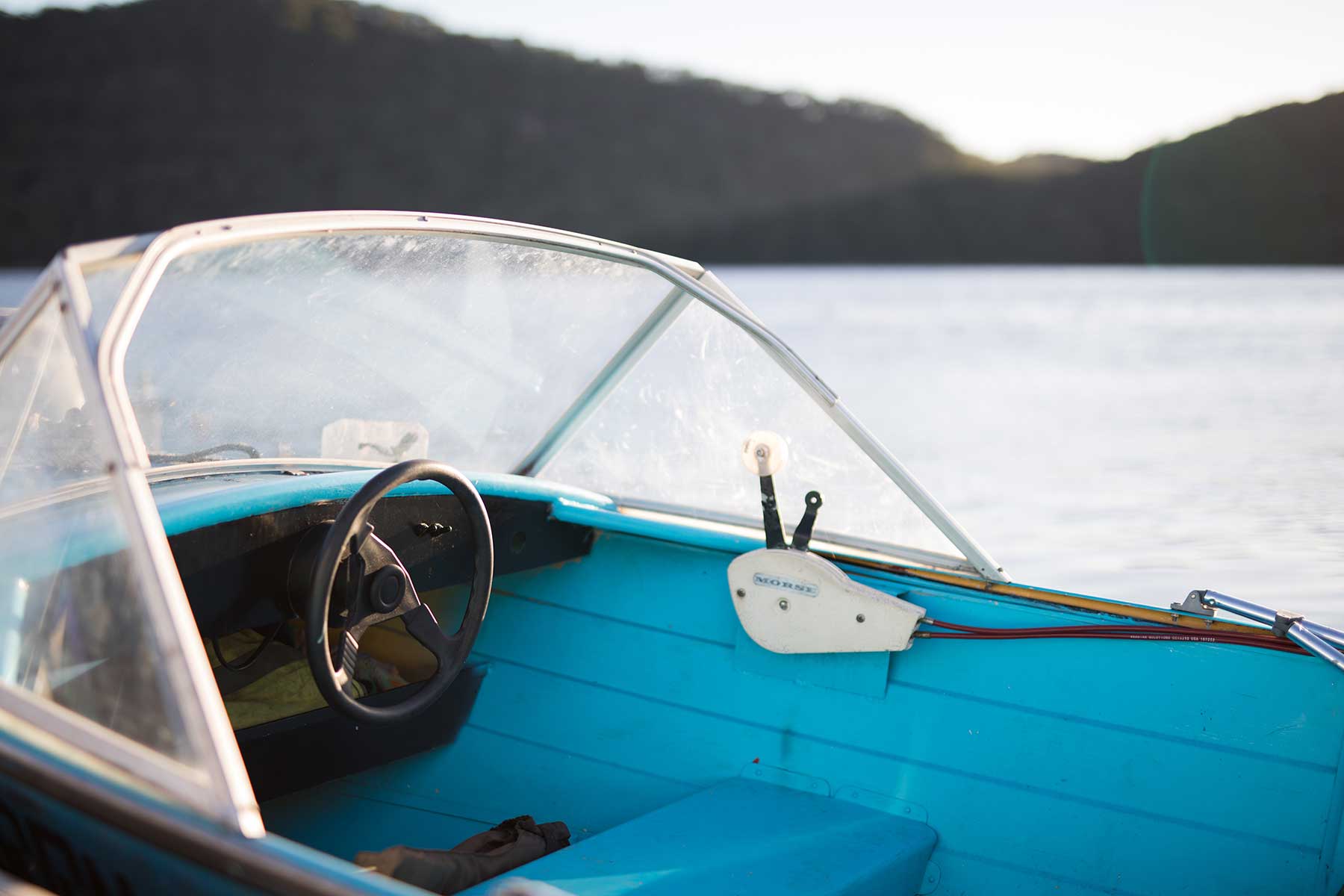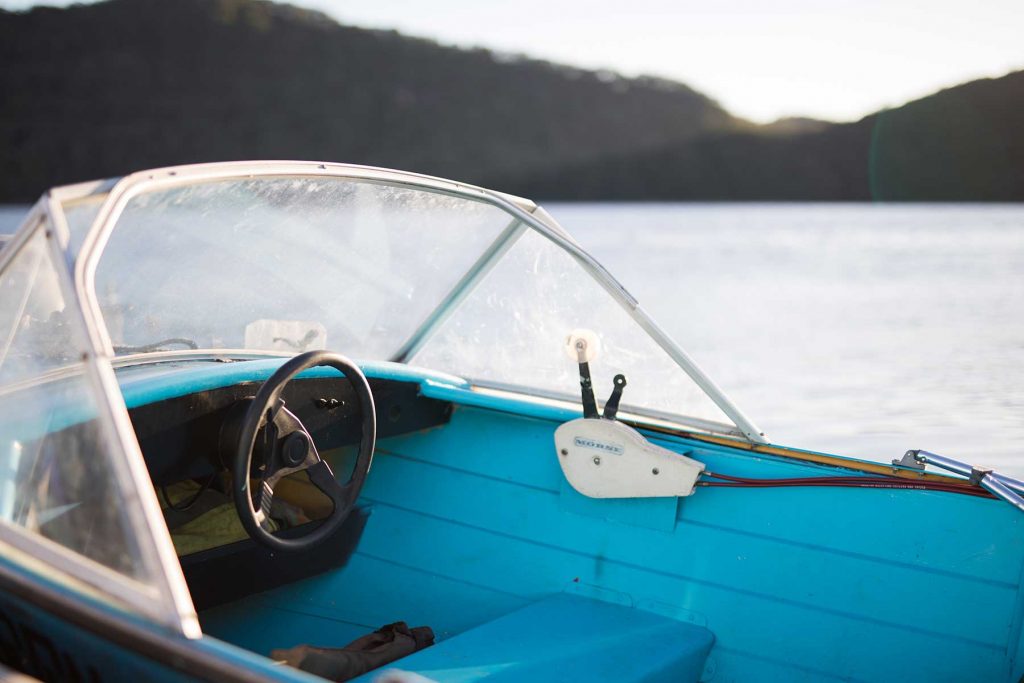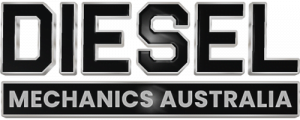
When you’re selecting how much power to put in your boat, the apparent solution may be “as much as feasible.” In other words, force and raw power aren’t always synonymous. While a boat’s manual or capacity plate will state the maximum horsepower that can be safely harnessed to it, going straight to that upper limit may not provide optimal results.
When determining boat horsepower needs, consider the size, weight, and intended use of your boat to help you choose an engine. A well-chosen motor setup will provide a balance of handling, stability, and performance.

Factors to Consider When Calculating Boat Horsepower
Once you’ve found out the maximum horsepower level for your boat, you can choose an engine that fits your unique demands within the specified limit. Make sure to consider the items listed below while calculating boat horsepower.
Speed and Fuel Efficiency
If a boat’s speed is linked to power and vice versa, there is a simple equation that calculates the horsepower rating of a boat by using speed: A unit of horsepower can move 40 pounds of boat weight at 20 mph. 50 horsepower is required for a 2,000-pound boat to travel 20 miles per hour.
Because diesel engines function best at the three-quarters throttle and gasoline engines prefer a speed range of 3,000 to 3,500 rpm, the relationship between speed and horsepower has a significant impact on fuel efficiency.
Boat Use
Because a smaller engine operating at its peak capacity would be less efficient than a bigger one that runs smoothly, the primary consideration when deciding how much power your boat needs is what you’ll do on it.
A 2,000-pound boat can propel a skier at 36 mph if it has 90 horsepower and a 120 horsepower diesel engine would provide the greatest fuel efficiency. The power requirements of a pontoon boat intended for leisure cruises will be different from those of a deck boat used for water activities.
The weight of your passengers and goods, especially on larger boats, should also be taken into account while determining horsepower needs. You might find yourself in a position where you have to carry additional weight because of your cooler, inner tubes, or fishing gear. You don’t want the extra weight to put too much strain on your engine.
Multiple Engines
Simply defined, horsepower is simply a measure of energy generated by one or more engines. Adding extra engines will raise the boat’s weight, making it more difficult to move. Increasing engine power may improve efficiency by lowering motor work per unit of time.
The presence of multiple engines might also provide comfort, as you won’t be totally stranded in the unlikely event that a motor fails.
Diesel Mechanics Australia Determine Your Horsepower Needs
Choosing the best engine for your boat is a complex process that involves a number of variables. Maximum horsepower is only one factor to consider. Diesel Mechanics is dedicated to ensuring that all of our clients get the most out of their boats, and we go above and beyond to deliver exceptional customer service.
We have direct access to the most reliable marine diesel engine components and Cummins engine parts on the market. That’s why we know what options are available when it comes to selecting a motor. If you’re feeling confused, our customer care representatives would be pleased to assist you in determining your requirements and selecting a solution that fits your budget.

